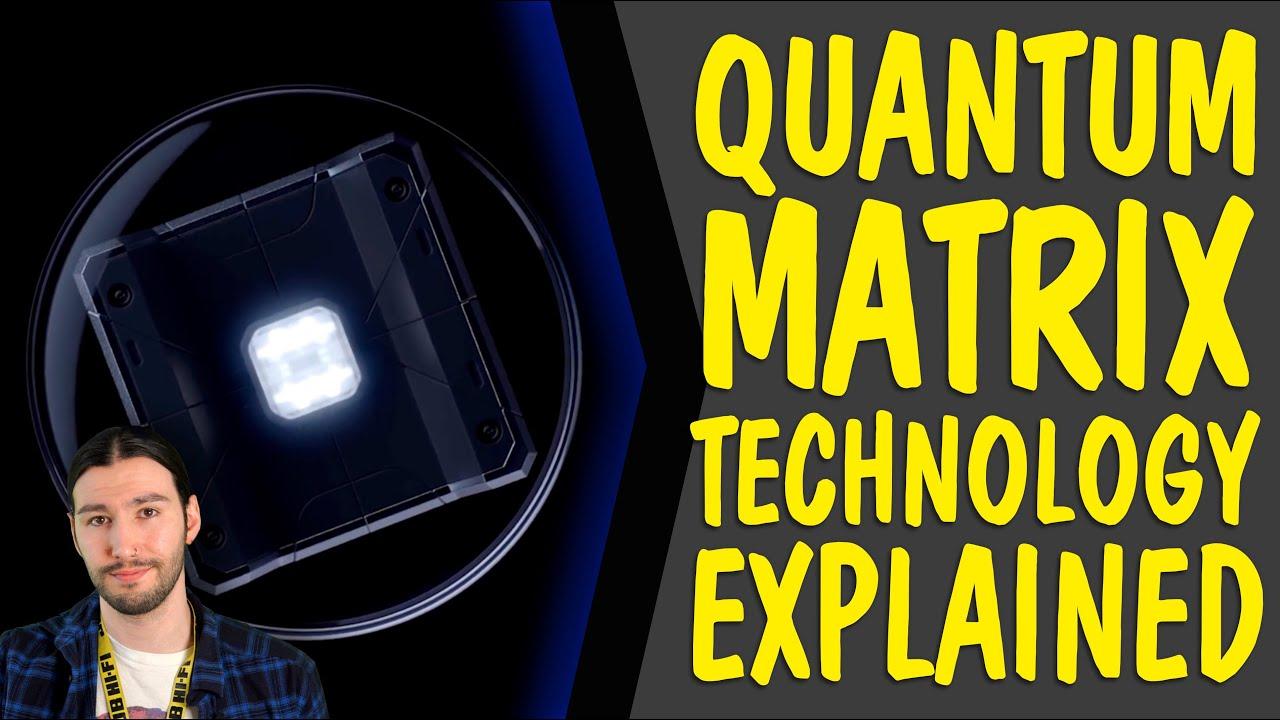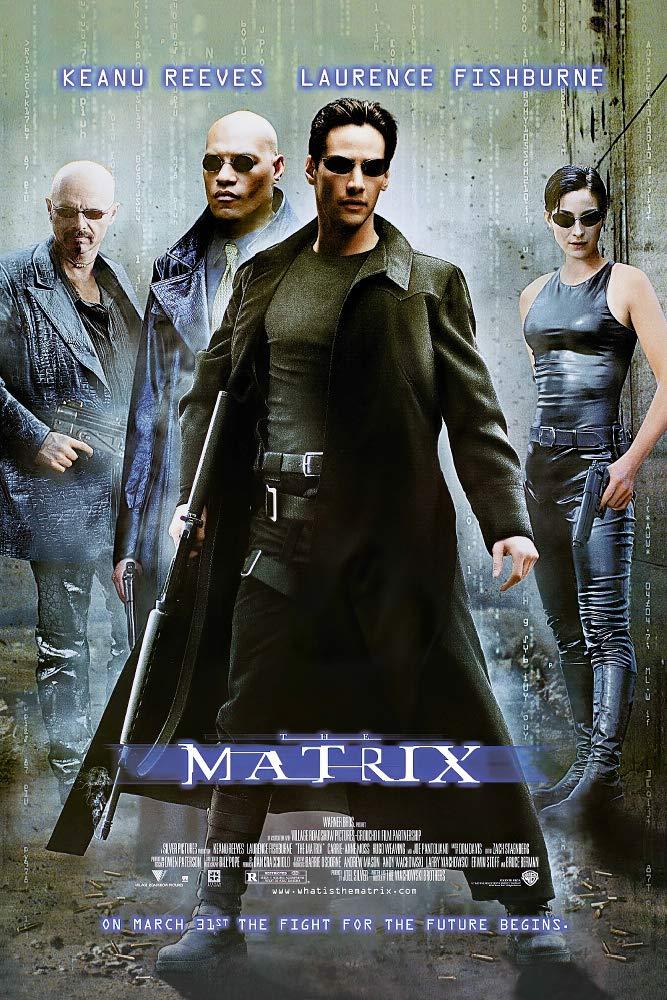In the realm of science fiction cinema, few films have resonated as profoundly with audiences and critics alike as “The Matrix.” Released in 1999, this groundbreaking film by the Wachowskis not only revolutionized the action genre with its innovative special effects and philosophical depth but also wove a complex tapestry of political themes that continue to invite analysis and debate. As we navigate the socio-political landscape of the 21st century, the film’s exploration of power, control, and resistance offers a compelling lens through which to examine contemporary issues. This article delves into the political undercurrents of “The Matrix,” dissecting its allegorical critique of authority and conformity, and assessing the enduring relevance of its themes in today’s world. By revisiting the film’s narrative and symbolism, we aim to uncover insights that resonate with current discussions on surveillance, autonomy, and the nature of reality itself.
The illusion of choice and the critique of control
In the world of The Matrix, individuals are presented with a veneer of autonomy, where choices appear plentiful but are, in reality, illusory. This cinematic universe mirrors our contemporary society’s complex interplay between perceived freedom and systemic control. The Wachowskis’ narrative critiques how institutions and technologies manipulate perceptions, creating an environment where choices are constrained by invisible forces. This theme resonates today as individuals navigate digital landscapes and socio-political structures that offer the semblance of choice while subtly guiding decisions.
- Consumerism: Our market-driven society presents myriad options, yet these choices often lead to predetermined outcomes shaped by corporate interests.
- Political Systems: Democratic structures promise agency, yet voters frequently find themselves selecting between pre-established agendas rather than genuinely transformative alternatives.
- Technology: Digital platforms provide an array of paths, yet algorithms and data analytics increasingly dictate what content is seen and engaged with, shaping beliefs and behaviors.
By examining these dynamics, The Matrix challenges viewers to scrutinize the power structures in their own lives, urging a critical assessment of how free their choices truly are amidst pervasive control mechanisms.

The intersection of technology and freedom
- Surveillance and Control: In “The Matrix,” the omnipresent system that controls humanity serves as a metaphor for the pervasive surveillance technologies of today. As digital platforms increasingly monitor our every move, the film’s depiction of a society where freedom is an illusion becomes eerily relevant. The tension between technological advancement and personal freedom raises critical questions about privacy, data ownership, and the extent of governmental and corporate control.
- Choice and Autonomy: The iconic red pill versus blue pill dilemma symbolizes the struggle for autonomy in a world dominated by algorithms. As artificial intelligence and machine learning grow more sophisticated, they shape our choices, often without our awareness. This theme resonates with contemporary debates on how much autonomy individuals truly possess in an age where technology can predict and influence behavior.

Re-examining authority through the lens of resistance
In The Matrix, the concept of authority is intertwined with the mechanisms of control and surveillance, reflecting a world where the boundaries between reality and illusion are manipulated by those in power. The film presents a stark dichotomy between the oppressive system represented by the Matrix itself and the resistance embodied by Neo and his allies. This narrative challenges audiences to question the legitimacy and morality of authority, prompting critical examination of how power structures are maintained in society. The resistance against the Matrix serves as a metaphor for the struggle against authoritarianism and the importance of individual autonomy. This theme resonates strongly today, as technological advancements and increasing surveillance capabilities have raised concerns about privacy and the concentration of power.
Key aspects of this theme include:
- Surveillance: The omnipresent monitoring within the Matrix parallels modern concerns about data privacy and the extent to which individuals are watched by governments and corporations.
- Illusion of Choice: The film questions whether choices are genuine or manipulated, a concept that remains relevant in discussions about free will versus systemic influence.
- Resistance as Empowerment: Neo’s journey underscores the power of resistance as a means of reclaiming agency, echoing contemporary movements that challenge authoritarian regimes.
These elements of the film provoke a reevaluation of how authority is constructed and resisted, urging viewers to remain vigilant and critical of power dynamics in their own lives.

Adapting The Matrixs lessons for contemporary governance
In the rapidly evolving landscape of contemporary governance, the lessons from “The Matrix” offer a profound reflection on the dynamics of power and control. The film’s depiction of a reality manipulated by an omnipotent system resonates with current discussions about governmental transparency and accountability. As citizens increasingly demand openness and participation, governments are compelled to adapt, ensuring that their operations are not shrouded in secrecy.
- Decentralization of Power: Just as Neo challenges the centralized control of the Matrix, there is a growing movement towards decentralizing authority in governance, fostering a more participatory political environment.
- Transparency and Awareness: The Matrix emphasizes the importance of awareness and transparency, urging modern governments to embrace open data initiatives and transparent decision-making processes.
- Empowerment through Information: In a world where information is power, governments are tasked with empowering citizens by providing accessible and accurate information, much like the characters in the film who seek truth and knowledge.
These themes underscore the necessity for governments to evolve, echoing the film’s central message of awakening and transformation. By drawing from the lessons of “The Matrix,” contemporary governance can better address the challenges of a digitally connected society.
